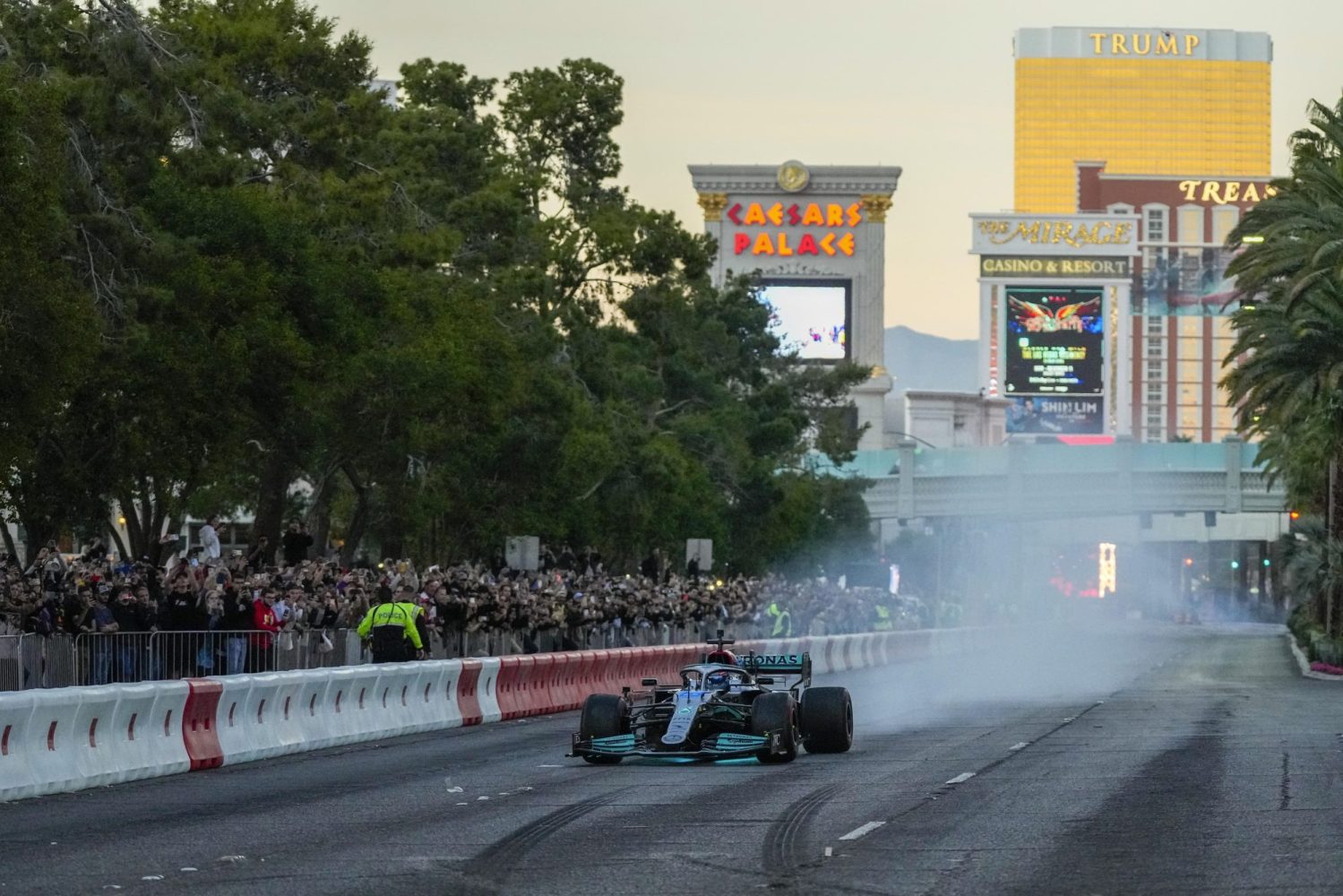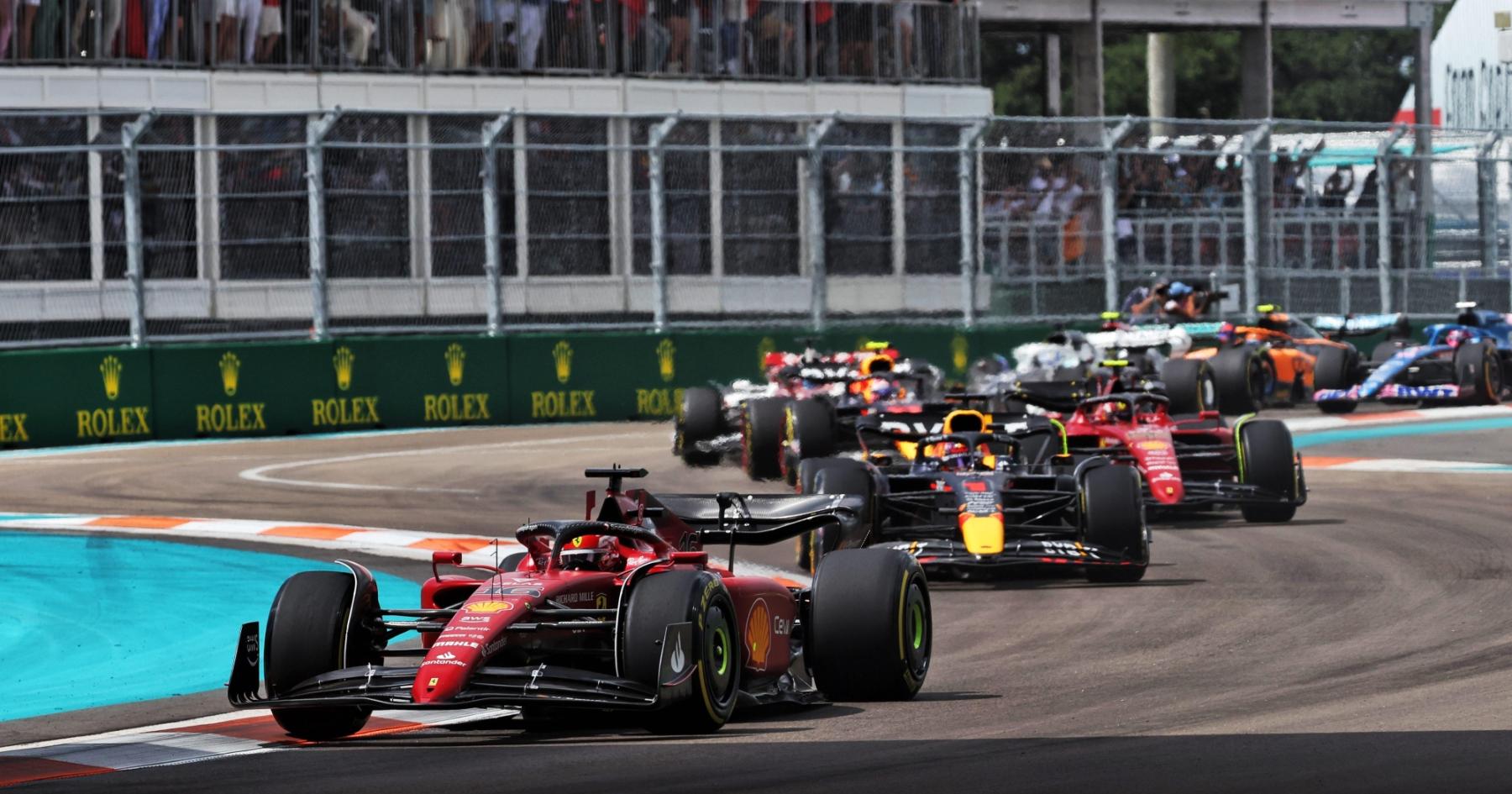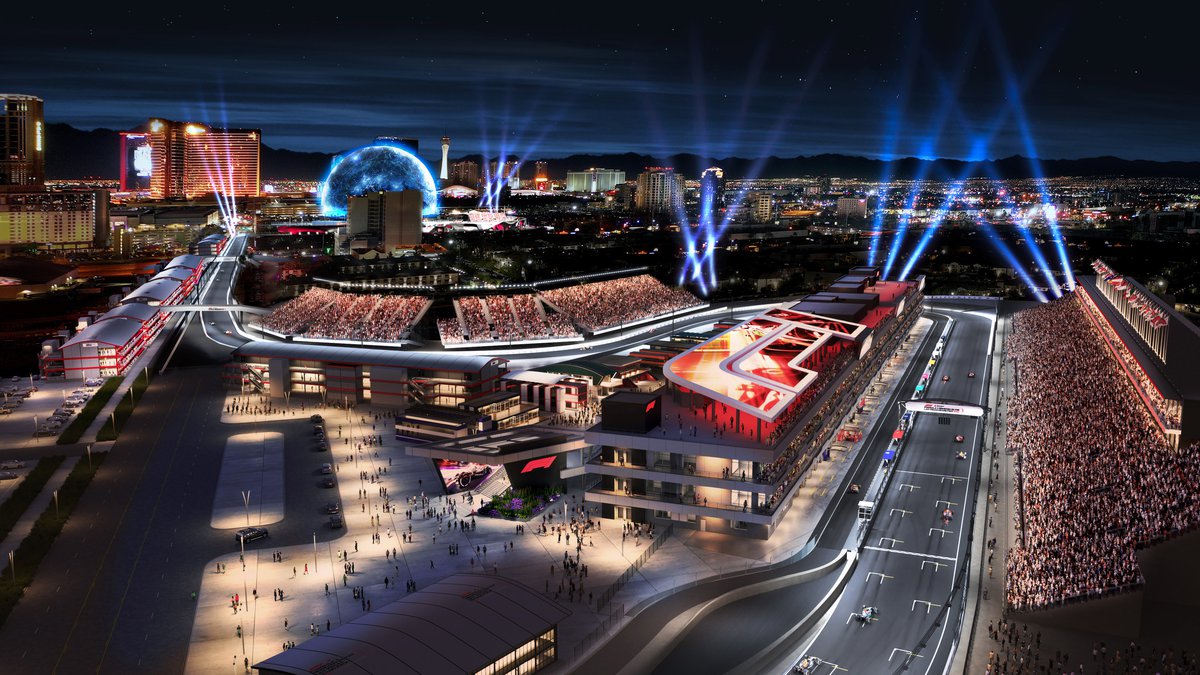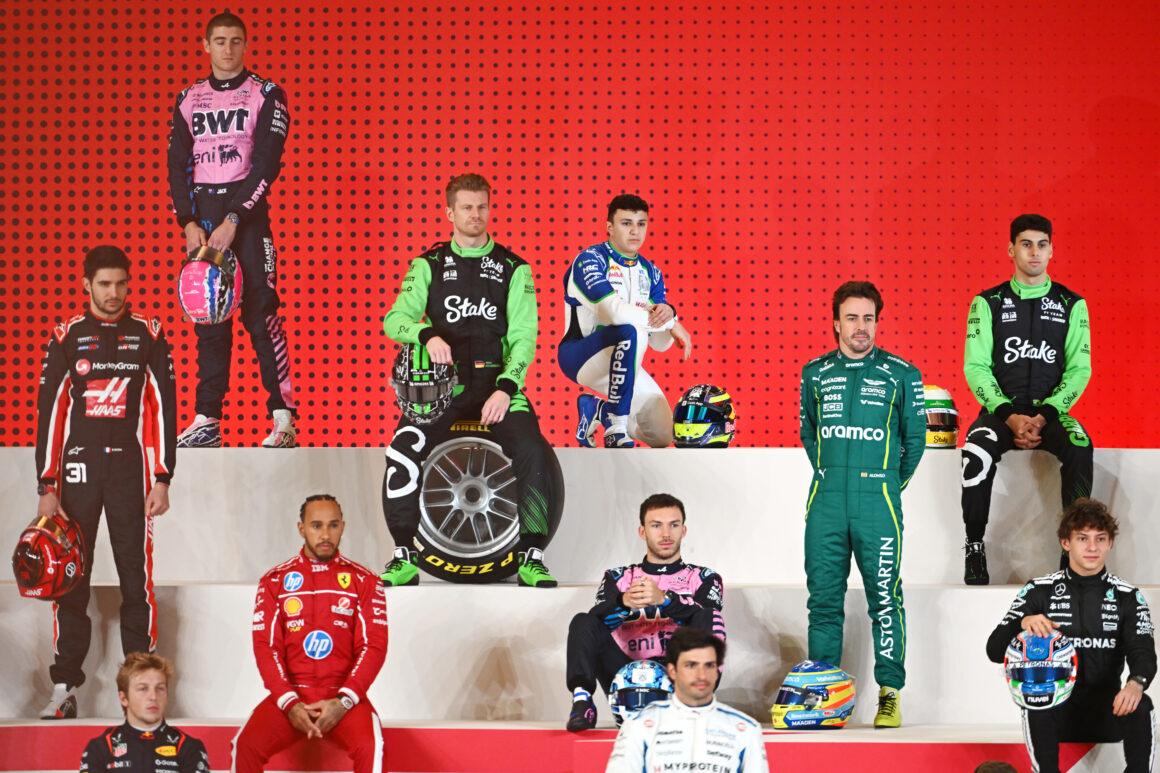FIA Grade 1 tracks are owned by the track owner, who is responsible for its maintenance and operation.
Although some of the tracks are owned by public authorities, many remain privately-owned and operated.
The Role of Liberty Media in F1 Track Ownership

One of the key players in the ownership of F1 tracks is Liberty Media, a mass media company that acquired the commercial rights to Formula 1 in 2017.
The FIA Formula 1 Championship’s promotion and commercialization rights were granted to Liberty Media, which became the majority owner of this group following its acquisition.
Privately Owned F1 Tracks

There are several privately owned F1 tracks around the world.
The ownership of these tracks is shared among multiple entities, including investment groups and individual entrepreneurs.
Here are a few examples of F1 tracks that belong to private individuals:
- The Bahrain International Circuit is under the ownership of Nasser Ali Khan, a prominent businessman from Saudi Arabia.
- The Jeddurg Circuit is owned by the Saudi Motorsport Company, which was established to publicize motorsports in this nation.
- The Australian Grand Prix Corporation is the proprietor of Albert Park Circuit in Melbourne, Australia.
Government-Owned F1 Tracks
In some cases, F1 tracks are owned and managed by governments or government entities.
The hosting country’s potential and tourism industry are often emphasized through these tracks.
Here are some government owned F1 tracks:.
- The Monaco Grand Prix, which is one of the most prestigious races in F1, takes place at Monte Carlo’s Circuit de France.
- The Yas Marina Circuit in Abu Dhabi, United Arab Emirates is under the ownership of ABU MARINES Management.
- Singapore GP Pte and Ong Ben Gong jointly own the Marina Bay Street Circuit, which is famous for hosting world’s first night race.
F1 Tracks Managed by Car Manufacturers and Racing Teams
Some F1 tracks are managed and owned by car manufacturers or racing teams themselves.
These tracks are utilized as testing grounds and race venues.
Here are a couple of examples:
- The Red Bull Racing team’s owner, Dietrich Mateschitz.
- The circuit is owned by Circuits de Catalunya, which manage the track.
How F1 Tracks Generate Revenue
Hosting Formula 1 races can be an expensive endeavor.
To remain profitable, F1 tracks must fund themselves and generate revenue.
Here are a few ways in which F1 tracks can earn:
- The cost of hosting a Grand Prix at F1 track is paid by the promoters to their owners.
- F1 tracks frequently purchase sponsorships and vend advertising spaces on the track, grandstand or other parts of their premises.
- F1 tracks generate revenue from ticket sales for Grand Prix events, providing a range of tickets and packages to attract fans.
- Corporate Hospitality packages are offered by F1 tracks, catering to companies and high-net worth individuals with their corporate hospitality needs.
- Track Rentals â F1 tracks can make money by renting out their facilities for different events, such as testing sessions and driving experiences.
The Future of F1 Track Ownership
The ownership landscape of F1 tracks is constantly evolving.
Looking ahead to the future, we can anticipate a continued combination of privately owned F1 tracks along with government-owned and manufacturer ownership.
Also, new types of F1 track owners may arise due to the competition from emerging markets and venues seeking a place on its calendar.

Conclusion: The Diverse Landscape of F1 Track Ownership
The ownership of F1 tracks is a diverse and dynamic landscape, with various entities and individuals playing a role in maintaining and running these world-class venues.
The ownership of F1 tracks, whether they are privately owned or government-owned and overseen by car manufacturers/racing teams – adds to the vibrancy in Formula 1 racing.
The growth and ownership of the sport’s iconic tracks will be accompanied by changes in their management.

